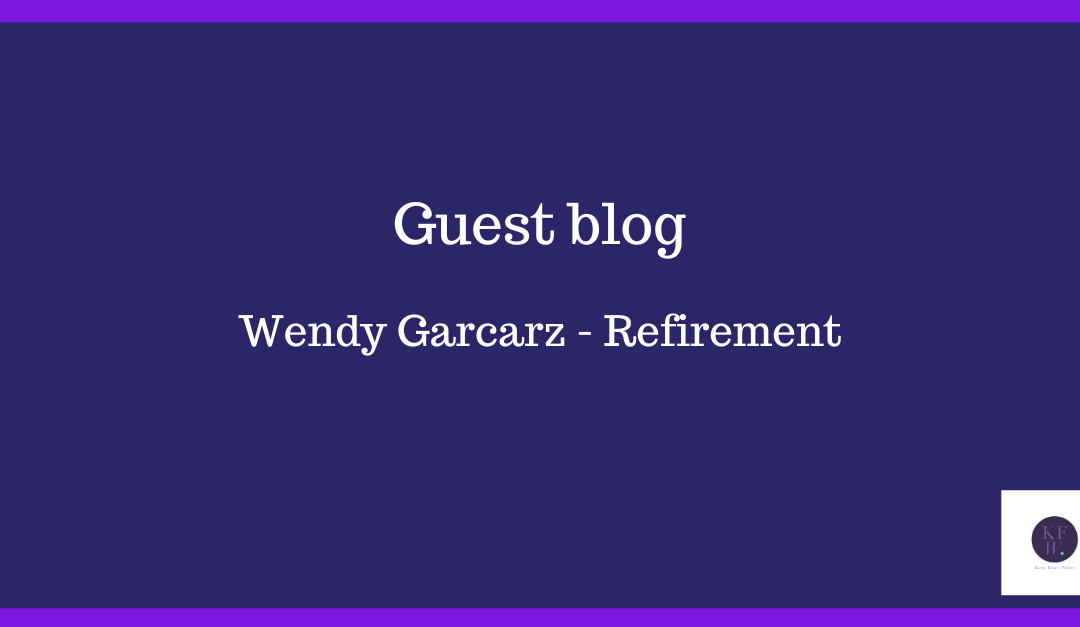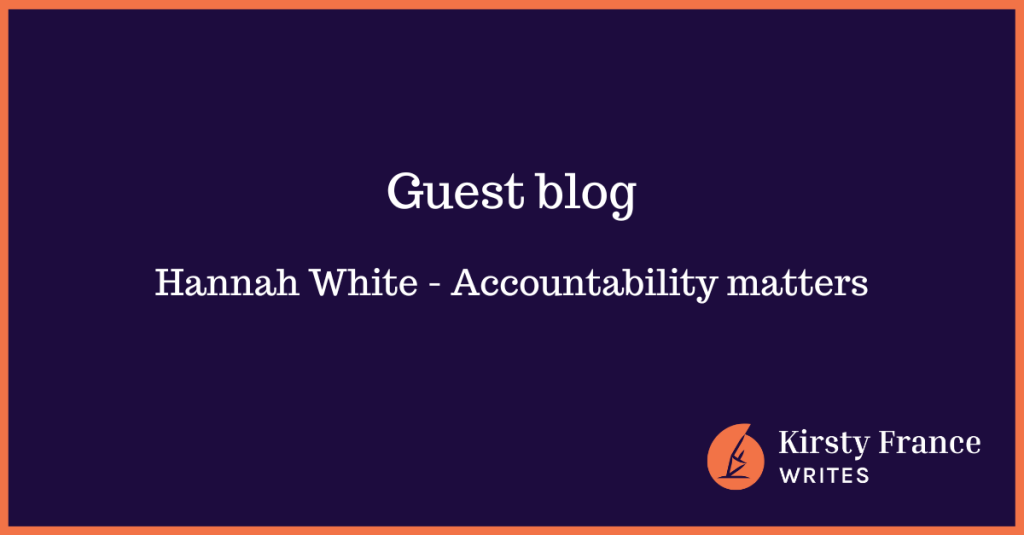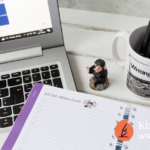
by Kirsty France | Dec 8, 2025 | marketing, Marketing plan
If you’re looking ahead to next year and planning your marketing, how are you feeling? If you find it daunting, it might be time to simplify things. Here’s my guide to help you create your marketing plan without the overwhelm. Where do your ideal clients find you? If...

by Kirsty France | Nov 27, 2025 | business growth, content strategy, Marketing review
We’re heading towards the end of the year, when lots of us reflect on the things that made us happy, what we’d like to change and how we want the year ahead to feel. If you’re thinking about your business and getting ready to review your marketing, here are a few...

by Kirsty France | Nov 17, 2025 | Guest blog, storytelling
In a world flooded with data, pitches, and product claims, it’s not the facts that people remember, it’s the stories. Storytelling is no longer a nice-to-have in business communication; it’s essential. Whether you’re pitching a product, building a brand, or...









